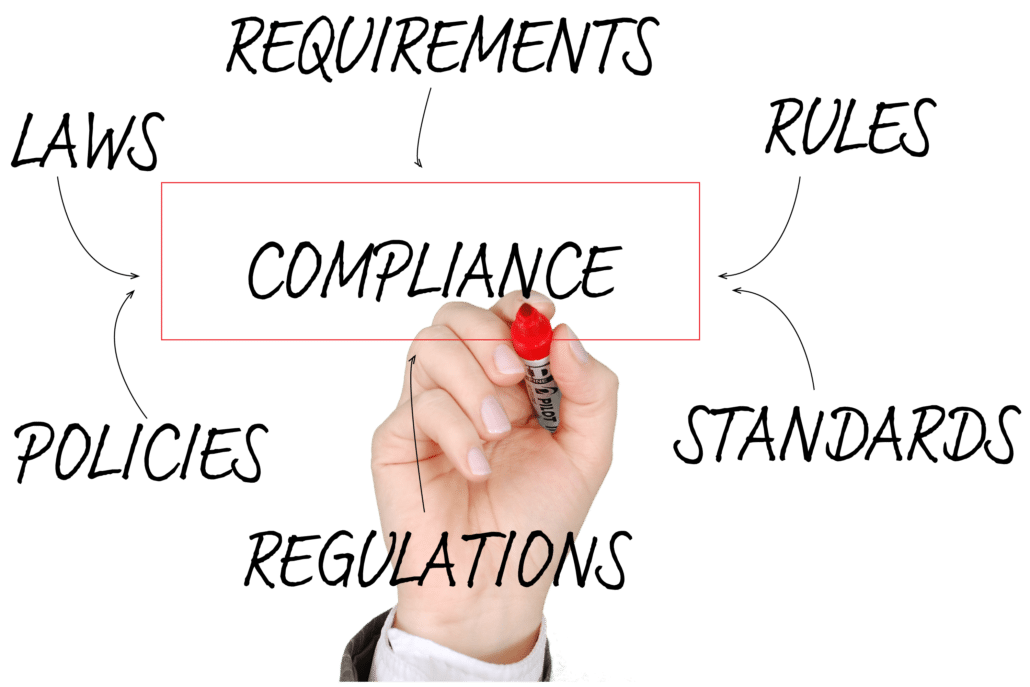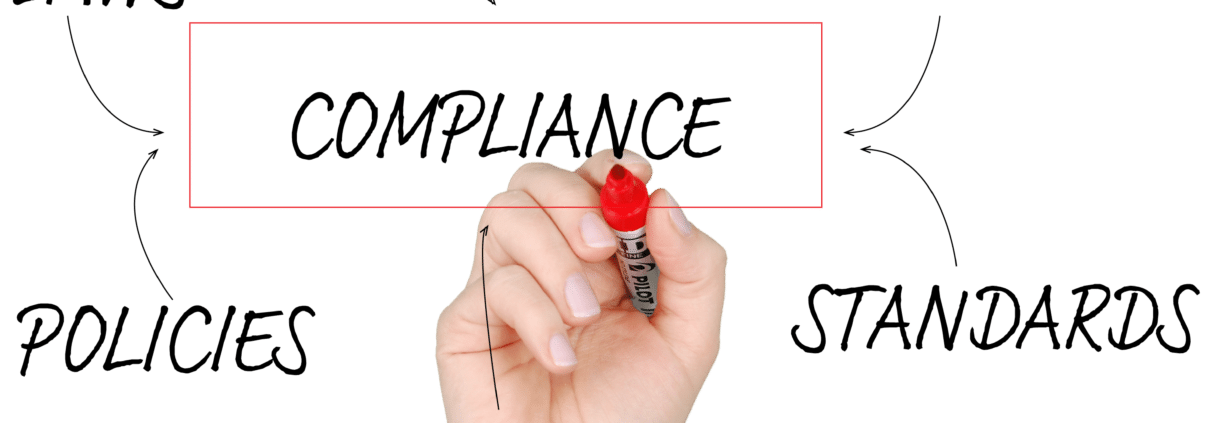Is a Weak Compliance Program Worse Than No Program?

Many years ago I was asked by a prospective client if I could design a “C minus” (i.e., just barely passing) compliance program for them. I responded that, for various reasons, by aiming for a C minus they were likely to end up with an “F.” I did not get the gig. But would there have been any harm in aiming low?
Yes, there would—at least according to David Hess of the University of Michigan’s Ross School of Business. He argues, in a piece in the Brooklyn Journal of Corporate Finance and Commercial Litigation:
Employee perceptions of an organization’s compliance program are critical. A program that has lost legitimacy with its employees is not just ineffective, but it creates more harm than good by leading to more unethical behavior. This Article identifies ways in which compliance programs can start to lose legitimacy, explains how that lost legitimacy leads to increased wrongdoing, and then concludes by setting out some basic reforms focused on helping stop this downward spiral and protecting the legitimacy of the compliance function.
Hess’s first point—that, for a variety of reasons, compliance programs can lose their legitimacy—is well trod ground. Less so is the notion that that an “ineffective program creates more harm than good.” Here, he argues—persuasively, in my view: “If there was no ethical infrastructure, then the individual would rely on his or her own moral reasoning. With a weak infrastructure the organization is sending the message to the individual that ethical concerns do not matter for doing his or her job.”
Hess also notes, in this regard, that while research has shown “that a properly enforced code of conduct decreases unethical behavior…the simple existence of a code of conduct, after controlling for perceived code enforcement and corporate culture, increased unethical behavior.”
Finally, he notes: “Corporations should be required to regularly evaluate their ethical culture. This recommendation focuses on helping to ensure appropriate and ongoing monitoring of the ethical infrastructure to prevent the compliance program from chipping away to a point where it has lost legitimacy…Measurement of the ethical culture helps corporate actors recognize when intervention is necessary.”
To which we should all say, Amen.
Jeff Kaplan is a partner in the Princeton, New Jersey office of Kaplan & Walker LLP and a member of Ethical Systems’ Steering Committee.
This post was originally published on the Conflicts of Interest blog, and is reprinted with permission.



